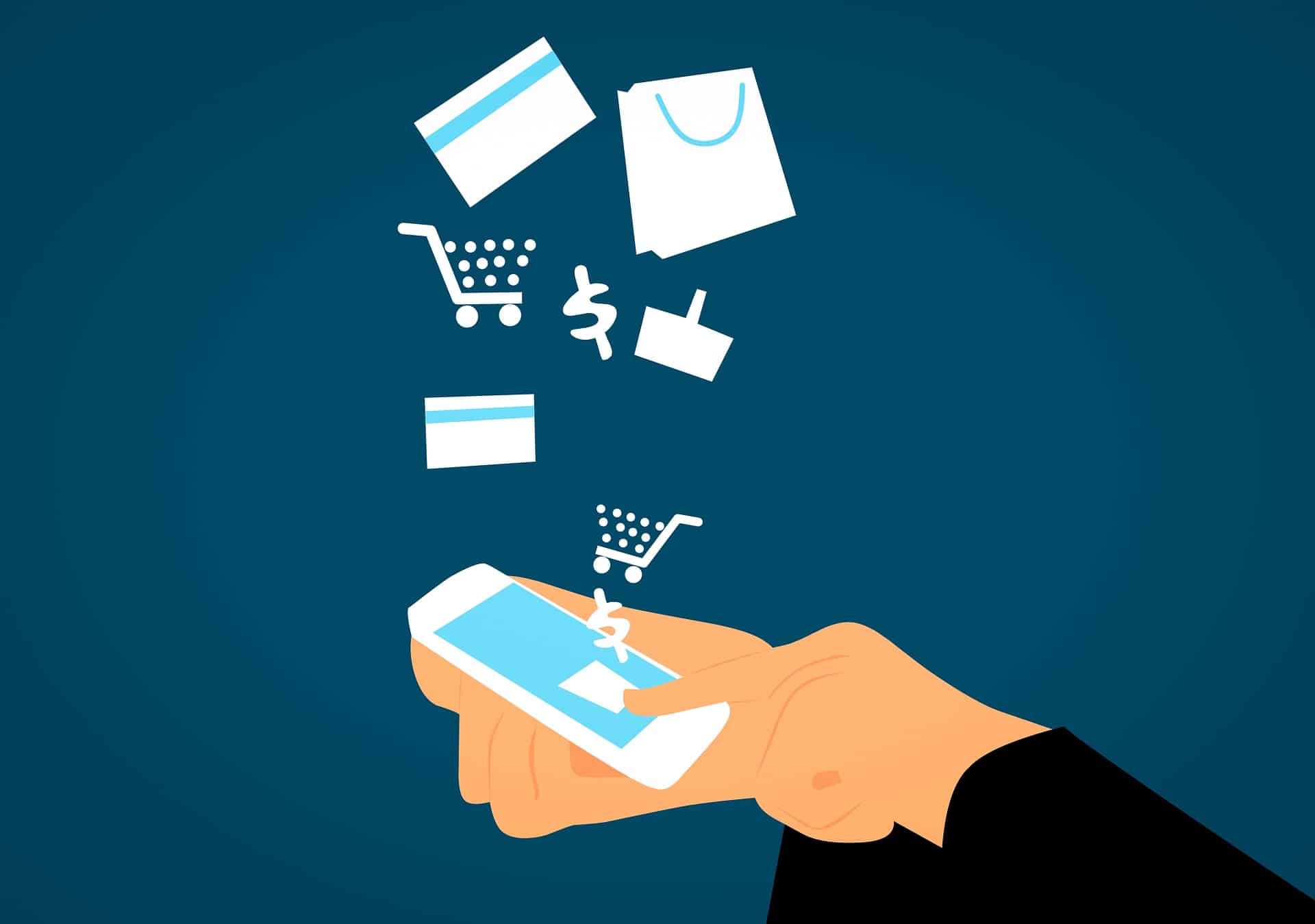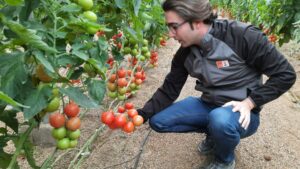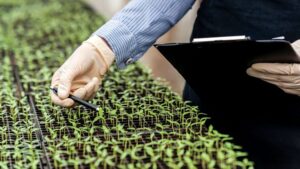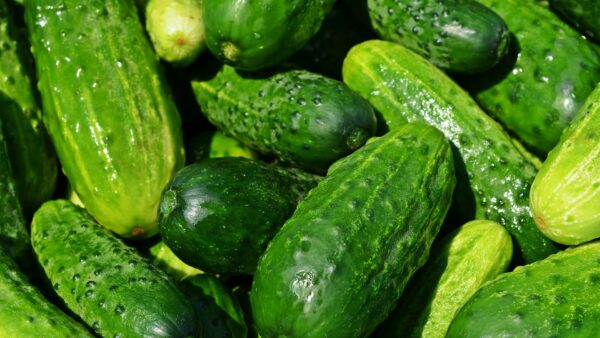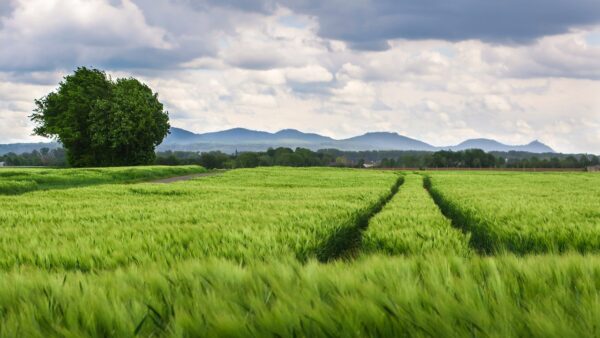With the impact of unsolicited seeds hitting mailboxes, regulators look to upkeep the policy around online seed sales.
Mid-2020, the country was a-buzz with news of seeds popping up in mailboxes across the United States. These seeds came unsolicited, in strange packages with Chinese written on them. Sometimes they were stamped as “jewelry,” but often, they just appeared without any markings.
“We’ve received more than 9,000 emails from private citizens across the country who report receiving unsolicited seeds,” said Osama El-Lissy, deputy administrator for the U.S. Department of Agriculture Animal and Plant Health Inpection Service’s (USDA APHIS) Plant Protection and Quarantine. “We have collected 925 seed packages as of Aug. 11.”
These unsolicited seeds were alarming, and although APHIS’s investigation didn’t find anything too concerning — just two reports of noxious weed seeds and one report of leaf beetle larva, according to APHIS — it spurred another discussion topic altogether: should there be a reform of regulations around the buying and selling of seed online?
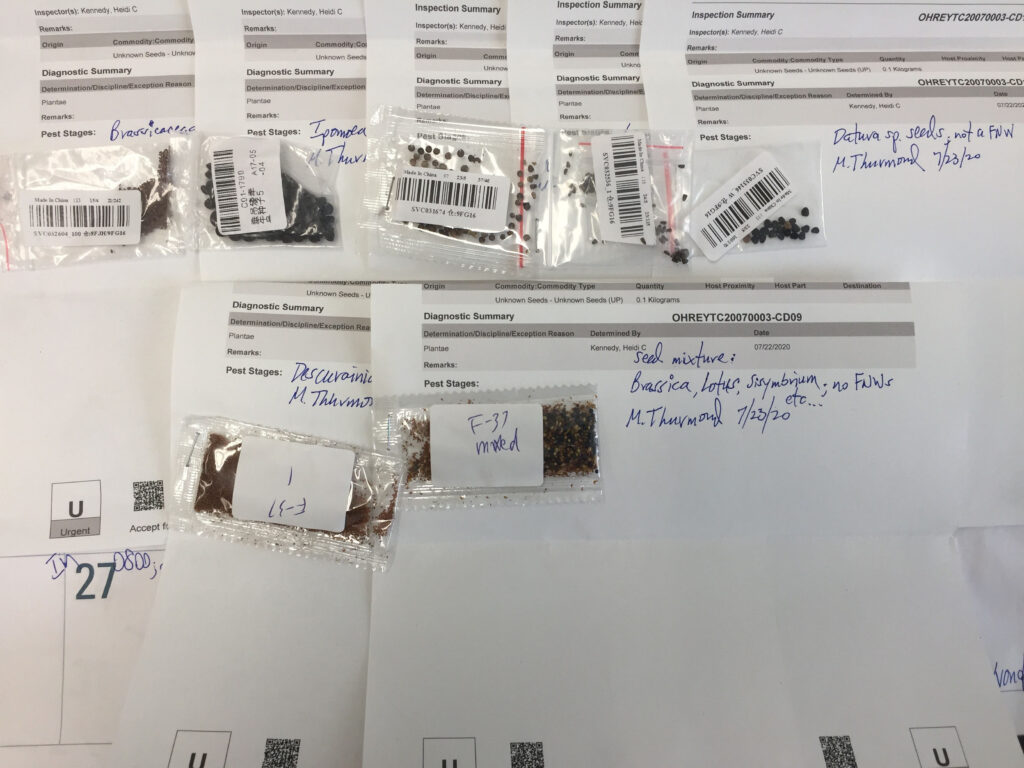
Amazon was one of the first online sellers to take action in response to the influx of unsolicited seed.
Amazon Buckling Down
On Sept. 16, 2020, the American Seed Trade Association (ASTA) reported that Amazon announced the removal of listings for live plants and seeds that are offered and fulfilled by non-U.S. residents.
Amazon’s new policy lists examples of prohibited listings as being plants, plant products or seeds that are:
- Designated by the USDA as “noxious” or similarly classified by applicable state or local government authorities
- Subject to federal, state or local government quarantines (such as the USDA’s citrus canker quarantine or the Washington State grape virus quarantine)
- Taken, possessed, transported or sold in violation of the Lacey Act
- Dangerous or fatal when touched or consumed (such as the pong pong seed)
- Imported from outside of the U.S. or sold by a non-U.S. resident
- Not in compliance with all other legal, regulatory, and licensing requirements
ASTA noted in their release it’s expected that other e-commerce companies will follow in Amazon’s footsteps. With Amazon taking the first step, the second step was enacted by the USDA APHIS.
USDA Follows Suit
On Feb. 18, the USDA released a clarification to the rules for buying and selling seeds and plants online from other countries.
This webpage identifies the buyer and seller responsibilities, required documents, and prohibited seeds list. Responsibility of the seller includes:
- Obtaining an original phytosanitary certificate from the country of origin
- Packing the seeds in approved packing material
- Ensuring the seeds are free from soil
- Labeling and invoicing the seeds according to all applicable requirements
- Including a copy of the permit (provided by the buyer/importer) in the package
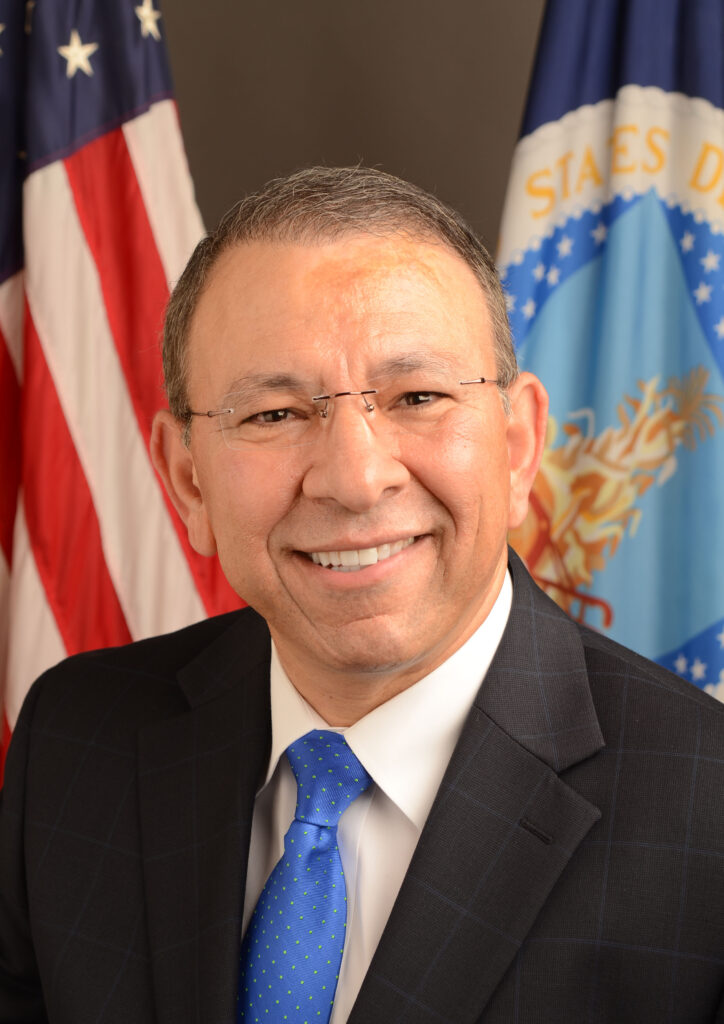
“Plants and seeds for planting purchased online from other countries can pose a significant risk to U.S. agriculture and natural resources because they can carry harmful insects and pathogens,” El-Lissy said. “We’ve been working closely with e-commerce companies and other federal partners to stop the flow of illegal plant and seed shipments from entering the country. This new site is a big step forward in our efforts to facilitate the safe trade of plants and seeds through the e-commerce pathway.”
APHIS noted in the release, while no country was found with malicious intent to harm U.S. agriculture with these shipments, and instead were a part of a “brushing scam,” these new regulations will continue to protect U.S. agriculture from potential phytosanitary concerns.
In the meantime, to begin enforcing these new regulations, APHIS is working with e-commerce companies to remove the online sellers that are participating in the illegal import of propagative materials, including seeds, and ensuring those sellers are complying with USDA import regulations.


